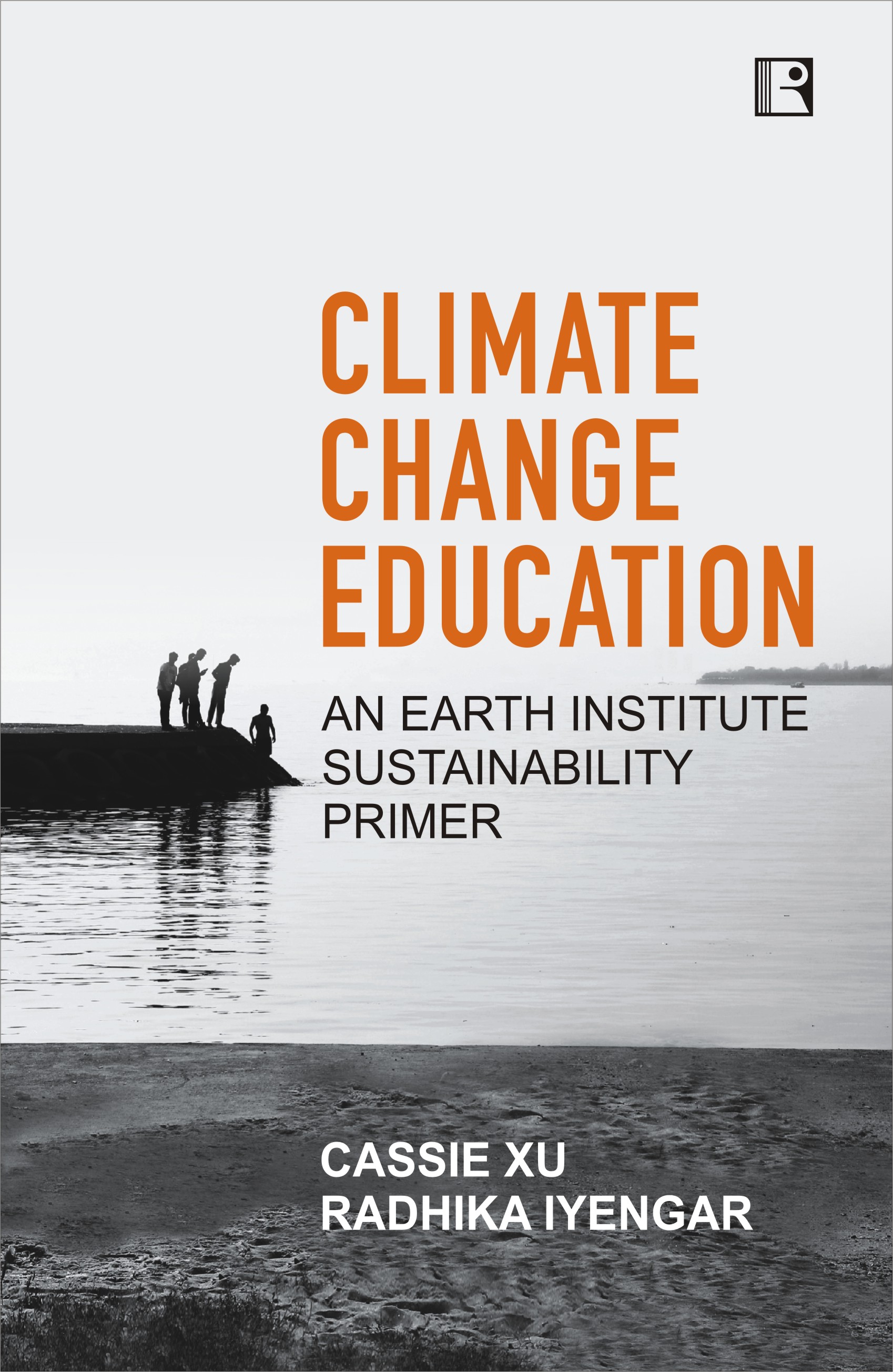
Climate change affects every person and society, every community
and industry. Education at all levels, in all disciplines, and both inside and
outside official institutions must now address climate change and its many
effects on social and environmental systems. This book provides a framework for
putting climate change at the forefront of educational agendas and pedagogical
tools for teaching climate science across local and global settings.
Cassie Xu and Radhika Iyengar present evidence-based teaching
practices and strategies that are grounded in a broad conception of education
and emphasize a systems approach. They share examples of effective approaches
in diverse learning environments not just in classrooms and other formal
settings but also informal contexts with communities and families. This book
makes the case that students and other learners need to understand climate
science and the physical and social impacts of climate change not only to be
good citizens but also to be well prepared for different career paths. Xu and
Iyengar highlight systemic barriers and inequalities, reflecting on how to
bring marginalized voices and perspectives into educational spaces. Providing a
foundation for interdisciplinary environmental education, this book underscores
that how we teach future generations about climate change will shape our
future.
Introduction
Part
I. Why Climate Education Needs Systems Thinking
1. Defining Systems Thinking and Climate Change
Part
II. Climate Change Education and Future Workforces
2. Systems Thinking Skills and Outcomes
3. Strategies in Instructional Design
Part
III. Examples and Case Studies of Climate Change Education in Practice
4. Climate Change in Formal Learning Environments
5. Community-Based (Informal) Education
6. Teaching Climate Change in Nonformal Settings
Part
IV. The Future of Climate Education
7. Diversity, Equity, Inclusion, and Access as a
Tool for Addressing Social and Environmental Justice
8. Role
of the Columbia Climate School in Climate Education
Cassie Xu is the
former director of K-12 and continuing education at the Columbia Climate
School, where she led efforts to establish the Office of Education and
Outreach.
Radhika
Iyengar is a research scholar and the director of education at the
Columbia Climate School’s Center for Sustainable Development.